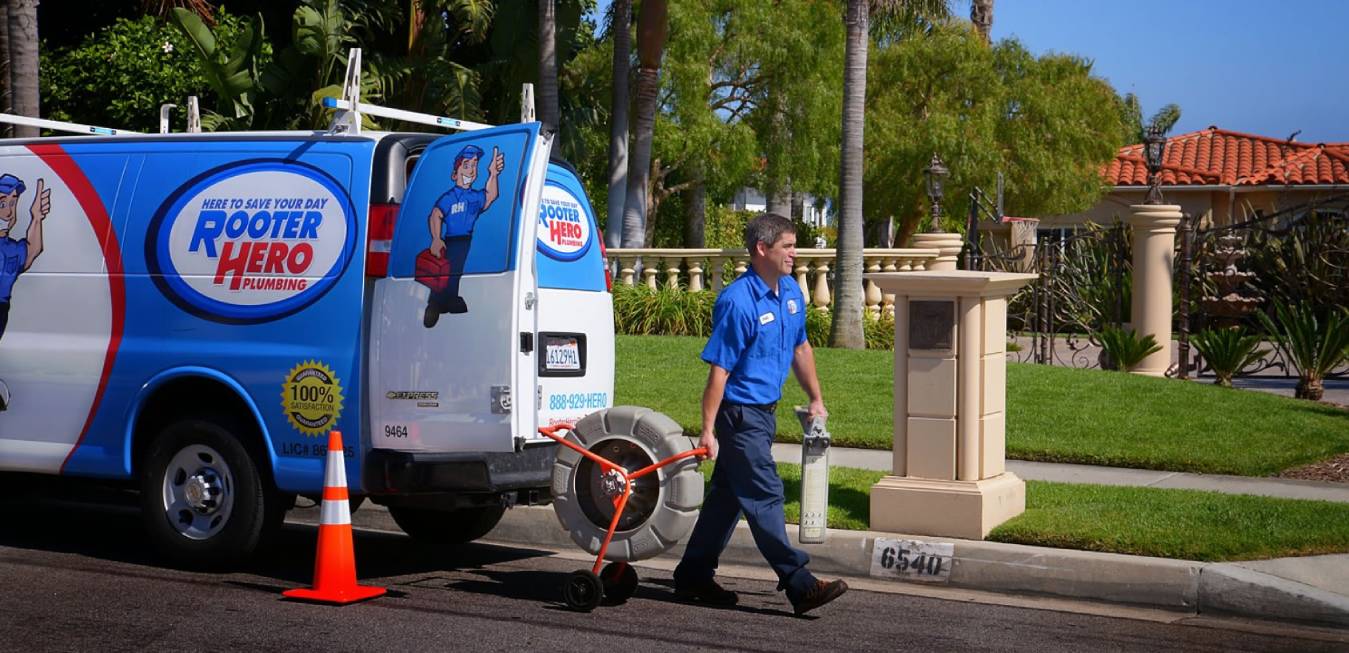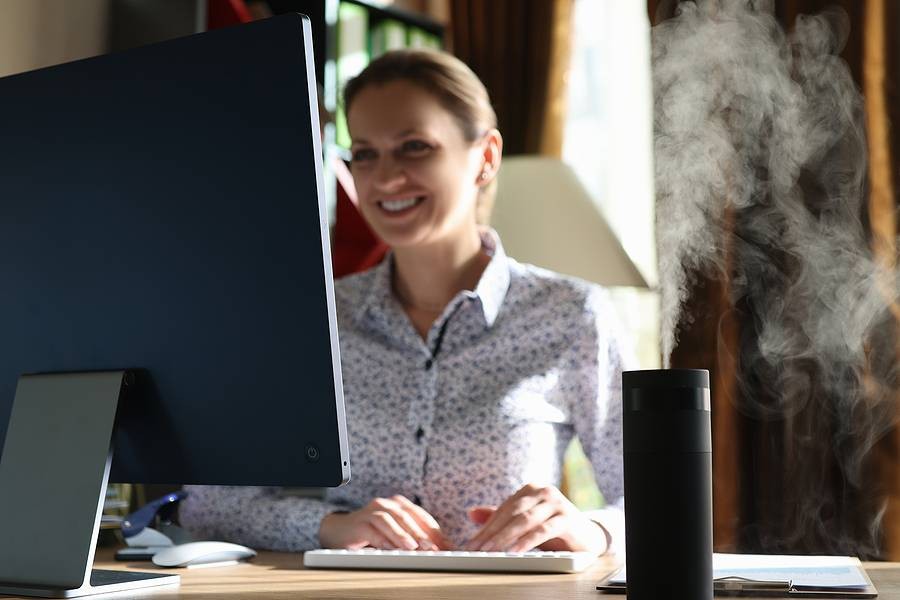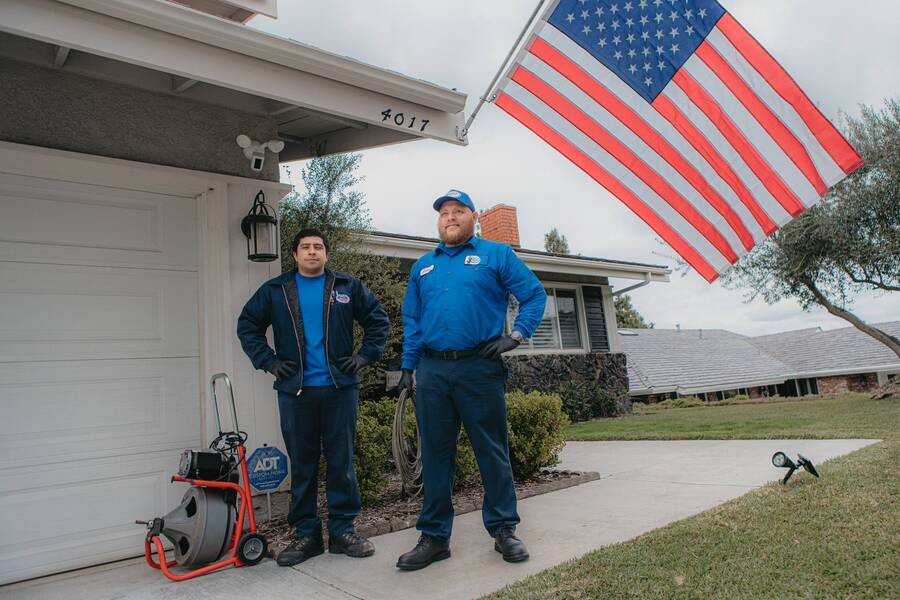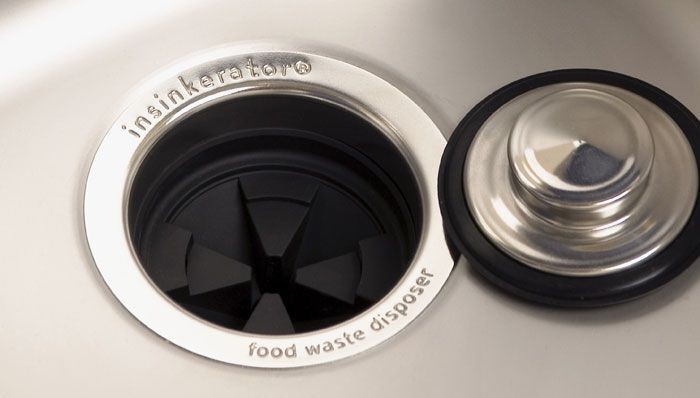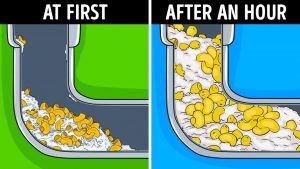
When Your Drains Won't Drain Properly
A clogged drain is one of the most common plumbing problems. Getting to the bottom of why your drains won’t drain properly is the most important part of treating a clogged drain. Afterall you want to treat the problem, not the symptom. Failure to do so could result in recurrent clogs and more severe damage. Here are some of the most common reasons why your drains won’t drain properly.
Improper Usage of Drains
When we say improper usage what we mean is not watching what goes down the drain. The drains in your home, be it from the sink, shower, or toilet have one purpose and that is to remove waste water. Often times, people get in the bad habit of disposing of other things down the drain that should never go down the drain. Some common items that should never go down the drain include: grease and fats, fibrous food peels, large bones, food that expands like pasta and batter, glass, paper, feminine hygiene products, diapers, wipes, dental floss, cotton swabs, hair, medications, and harsh chemicals. Improper disposal of any of these items can result in a clogged drain or damage to your pipes.  Always watch what goes down the drain. To prevent unwanted things from entering your drains, invest in drain screens. And when running the garbage disposal be sure to always run with water and avoid overloading it. If you are entertaining, communicate with your guests about what can go down the drain and what cannot.
Always watch what goes down the drain. To prevent unwanted things from entering your drains, invest in drain screens. And when running the garbage disposal be sure to always run with water and avoid overloading it. If you are entertaining, communicate with your guests about what can go down the drain and what cannot.
Buildup Overtime
Overtime a grimy buildup collects inside of your pipes. This can collect other debris that can eventually form an obstruction or result in slow drainage. Drains should be cleaned at regular intervals by a professional drain cleaning service. Hydro Jetting uses high pressure water to remove all of the gunk that builds up in your pipes, which leaves things free flowing. Drain cleaning should be a part of your annual plumbing maintenance for best results. Don’t wait until you have a problem, be proactive with your plumbing maintenance. 
An Even Bigger Problem
If the problem isn’t isolated to one drain and all of your drains won’t drain properly it is a sign of an even bigger problem. Most likely there is damage to your sewer line. Some things that can cause damage to your sewer line are:
- Tree roots - Tree roots naturally grow towards moisture, the condensation that builds up around your underground pipes is a natural beacon for tree roots. Over time, tree roots can infiltrate your pipes, causing a massive blockage! Video pipe inspection is the best way to diagnose this problem.
- Shifting ground - The ground settles and shifts over time, this can be detrimental to your lateral lines. Especially in areas that are prone to earthquakes.
- Heavy rains - Heavy rains can cause the ground your pipes are in to become soggy and unstable. When the ground isn’t stable, it leaves room for pipes to shift which can cause pipes to crack and break.
- Extreme temperatures- Extreme temperatures can also have an affect on your pipes. If pipes aren’t buried deep enough in the ground, they may be susceptible to extreme temperatures. Both the heat and the cold can have a negative affect on your plumbing. Frozen pipes crack under the pressure of expanding water, and pipes that get too hot can start to expand and even burst.
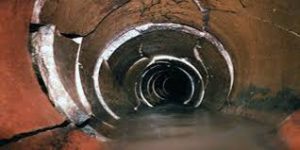 It is important to be able to recognize the signs of a broken sewer line. Here are some things to look out for: clogged drains, the smell of sewer gas, mold, lush patches of grass, indentation in lawn or under pavers, sewage puddles in the yard, rodent problem, insect problem, foundation or structural damage. If you notice any of these problems contact your plumber right away. There are many non-invasive ways to treat a broken sewer line these days including video pipe inspection and trenchless pipe repair. Contact Rooter Hero to learn more!
It is important to be able to recognize the signs of a broken sewer line. Here are some things to look out for: clogged drains, the smell of sewer gas, mold, lush patches of grass, indentation in lawn or under pavers, sewage puddles in the yard, rodent problem, insect problem, foundation or structural damage. If you notice any of these problems contact your plumber right away. There are many non-invasive ways to treat a broken sewer line these days including video pipe inspection and trenchless pipe repair. Contact Rooter Hero to learn more!
Related Articles Signs You May Have a Damaged Sewer Line The Effect of Heavy Rain on Your Plumbing What Liquids Should You NOT Pour Down The Drain



